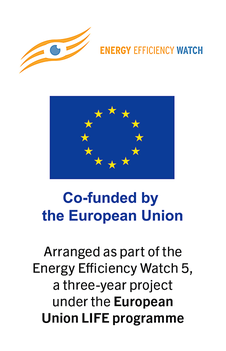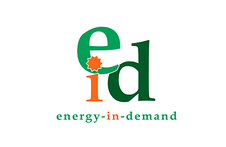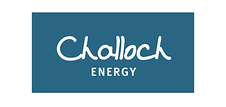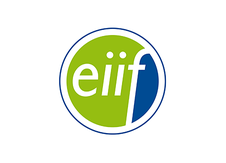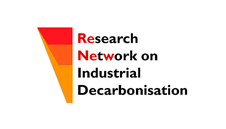Search eceee proceedings
Chances for changes – tailoring energy-efficiency measures to target groups
Panel: 1. Policies and programmes
This is a peer-reviewed paper.
Authors:
Katharina Wohlfarth, Fraunhofer Institute for Systems and Innovation Research, Germany
Wolfgang Eichhammer, Fraunhofer-Institut für System- und Innovationsforschung ISI, Germany
Barbara Schlomann, Fraunhofer-Institut für System- und Innovationsforschung ISI, Germany
Ernst Worrell, Energy, Resources & Technological Change, Utrecht University, The Netherlands
Abstract
In energy policies contributing to the energy transition, the improvement of energy efficiency in industrial com-panies plays a crucial role. Although significant economic potentials have been identified, the concerned actors are still struggling to realise them fully. To support the implementation of energy efficiency measures by policies, a deeper understanding of the barriers affecting different kinds of companies is necessary in order to be able to better match the options to their needs and requirements. This paper considers companies’ characteristics and individual barriers to draw conclusions on energy efficiency policies and specific recommendations on EEMs (energy efficiency measures). The paper thus designs a compromise for energy efficiency policy between high administrative effort for designing individual solutions for companies and too generic approaches which are not tackling the specific barriers of companies with certain characteristics.
Our analysis is based on monitoring data of two programmes in Germany, the Learning Energy Efficiency Net-works LEEN, focusing on large (LE) and small/medium-sized companies (SME), as well as the KfW programme “Energieberatung Mittelstand” (energy consulting SME), focusing more on micro companies (MC). These two programmes support energy audits and company networking, and assess implemented energy efficiency measures for SME. Based on factor and regression analysis, we found that financial barriers were the most prevalent, but there was no general correlation with company size. Smaller companies usually conduct energy audits less often, even though information is a precondition for good decision making rather than simply provid-ing financial means which may not be taken up adequately by companies. Reasoning in decision making plays a role for the implementation of measures, especially in SME where expenses are a crucial criterion. Thus financial policy instruments should aim at promoting more long-term decision making. Lack of information combined with unfavourable reasoning in decision making might impede the adoption of profitable measures. Motivational barriers have a stronger influence in LE, especially influenced by the expected organizational effort. Reducing transaction costs by delivering the necessary information can increase the willingness to invest greater efforts in energy efficiency measures. The number of implemented measures is related to company size, as well as the choice of specific measures, while there were differences between SME and LE and between SME and MC.
Downloads
Download this paper as pdf: 1-116-16_Wohlfarth.pdf
Download this presentation as pdf: 1-116-16_Wohlfarth_presentation.pdf







